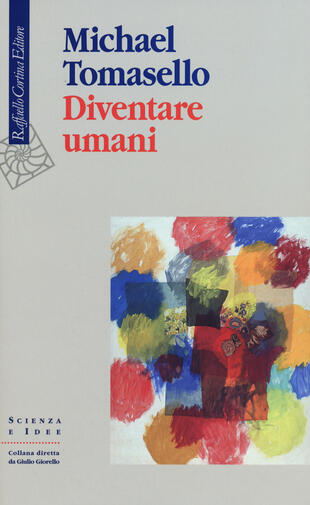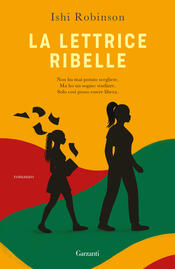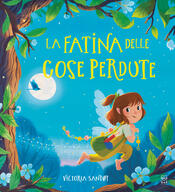

Sinossi
Le teorie che spiegano come la specie umana è diventata così particolare si imperniano quasi tutte sull'evoluzione. In questo saggio, Michael Tomasello propone una teoria complementare dell'unicità umana che pone al centro lo sviluppo e mostra come i fattori che ci rendono profondamente umani si costruiscono nei primi anni di vita del bambino. Tomasello compendia quasi tre decenni di lavoro sperimentale con gli scimpanzé, i bonobo e i bambini, e propone un quadro originale della crescita psicologica tra la nascita e i sette anni di età. Identifica otto percorsi che distinguono nettamente gli esseri umani dai cugini primati più prossimi: la cognizione sociale, la comunicazione, l'apprendimento culturale, il pensiero cooperativo, la collaborazione, la prosocialità, le norme sociali e l'identità morale. Diventare umani pone l'attività socioculturale umana nell'ambito della moderna teoria evoluzionistica e illustra come la biologia crei le condizioni del progresso culturale.
- ISBN:
- Casa Editrice:
- Pagine: 432
- Data di uscita: 24-10-2019
Recensioni
Tomasello argues for the thesis that many cognitive capacities that distinguish humans from the great apes essentially rely on one foundational capacity, that of joint and collective intentionality . Joint intentionality is the capacity for two humans, in their interaction, to both understand that
An unexpectedly pleasant surprise that this book contained was a deeper understanding on the nature of high functioning autism and what differentiates neuro-diverse from neuro-typical individuals while providing a coherent narrative on what it means to become human while always including the complet Leggi tutto
The book deals with questions that should intrigue most of us -- why are human minds so very different from all other animal minds, and particularly those of the great apes, with whom we share so much of our evolutionary history and genetic makeup. There are several dimensions to this question -- wh Leggi tutto
(...) Tomasello’s scope is large. He ties the development of human cognition and human sociality together, resulting in synthesizing insights about social norms & moral identity. This in not only a comparative psychology book, but an important work on ethics too. Truly a tour de force, and the first Leggi tutto
This book is packed with information. There is a lot more than I could possibly absorb on first reading even though it covers areas in which I have already read extensively. Mr. Tomasello synthesizes over a decade of his research in the field of human cognitive development, along with many examples
Quite a fun-to-read book on the search for human uniqueness that covers many human and Chimpanzee studies. The core thesis rests on how human development is primed for ascertaining and playing with joint and collective intentionality . Stuff like, "I know that you know that I know that the toy is ove Leggi tutto
I found this book heavy stuff, but satisfying in the end. What I liked most about Tomasello's approach is that he considers the cognitive ontogeny of great apes as a null hypothesis for human ontogeny (unlike many primatologists who cannot resist raising apes to the level of human cognition at all c Leggi tutto
This book is about ontogeny, meaning the development of an organism. From the very beginning of life as a fertilized egg to an adult organism. Here the term is applied to human ontogeny, from a cognitive perspective. Children obviously don't come into the world thinking like adults, and there isn't
Citazioni
Al momento non ci sono citazioni, inserisci tu la prima!























